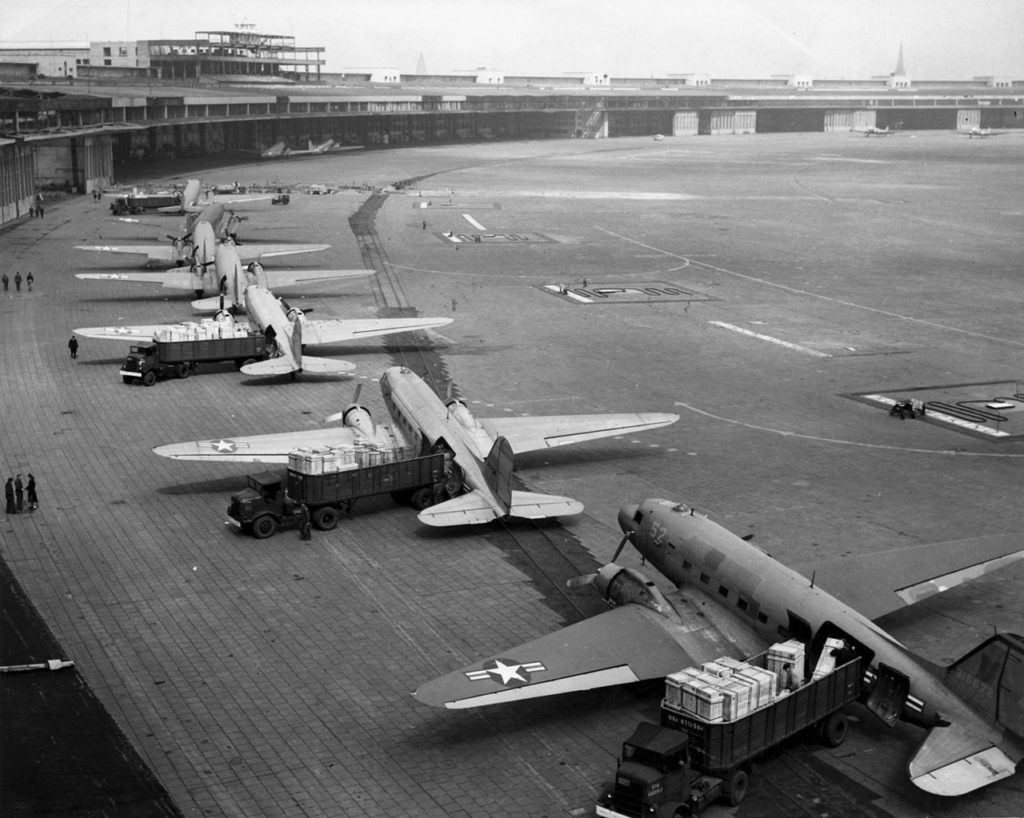 In a recent post I put the word ‘democratic’ in this title between inverted commas, and a student has asked me why. Did I doubt, I was asked, that the GDR was democratic? Well yes I did. East Germany emerged in 1949 from the Soviet-occupied zone of recently defeated Germany. As an eastern European country it ceased to exist in October, 1990.
In a recent post I put the word ‘democratic’ in this title between inverted commas, and a student has asked me why. Did I doubt, I was asked, that the GDR was democratic? Well yes I did. East Germany emerged in 1949 from the Soviet-occupied zone of recently defeated Germany. As an eastern European country it ceased to exist in October, 1990.
The Potsdam Conference had, among countless other disgraces, invented a country divided into four zones, each occupied by one of the victorious Allies. They were American, British, French and Russian, though why the French should have got a zone to themselves when they had hardly fired a shot in anger at the commencement of the Second World War is questionable. Three-fifths of France fell to the Nazis in 1940 but the French were permitted to govern the rest of the country as a ‘neutral’ state with its own government at Vichy. As Vichy collaborated with the Germans from day one the term ‘neutral’ is dubious. The Third Reich had by that time invaded the Polish Corridor, Czechoslovakia, Denmark, parts of Norway, Belgium and the Netherlands. (more…)










